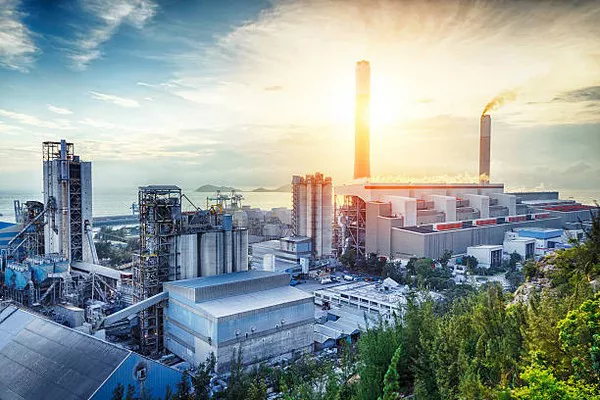The German government announced on Friday its intention to invest approximately €3.3 billion ($3.7 billion) to support industrial projects aimed at reducing carbon emissions, including initiatives to store carbon dioxide underground at offshore locations.
As Europe’s largest economy, Germany is focused on achieving “net zero” emissions by 2045. This new funding initiative is primarily targeted at medium-sized enterprises and is set to commence next month, with companies given three months to apply for funding. The program will continue through 2030, with annual opportunities for bids.
The initiative includes funding for projects that advance climate-friendly production processes, aligning with Germany’s broader commitment to carbon capture and storage (CCS) technology. This technology has been the subject of debate, with critics arguing that it is less effective compared to renewable energy sources like solar and wind.
The Economy Ministry, overseen by Vice Chancellor Robert Habeck from the Green party, emphasized that funding for CCS projects will be reserved for emissions that are “hard to avoid.” Industries such as cement, glass, and ceramics, known for their challenging emission profiles, are among those that could benefit from this program.
In addition, the government has previously introduced “carbon contracts for difference” to encourage the transition to more sustainable production methods.

